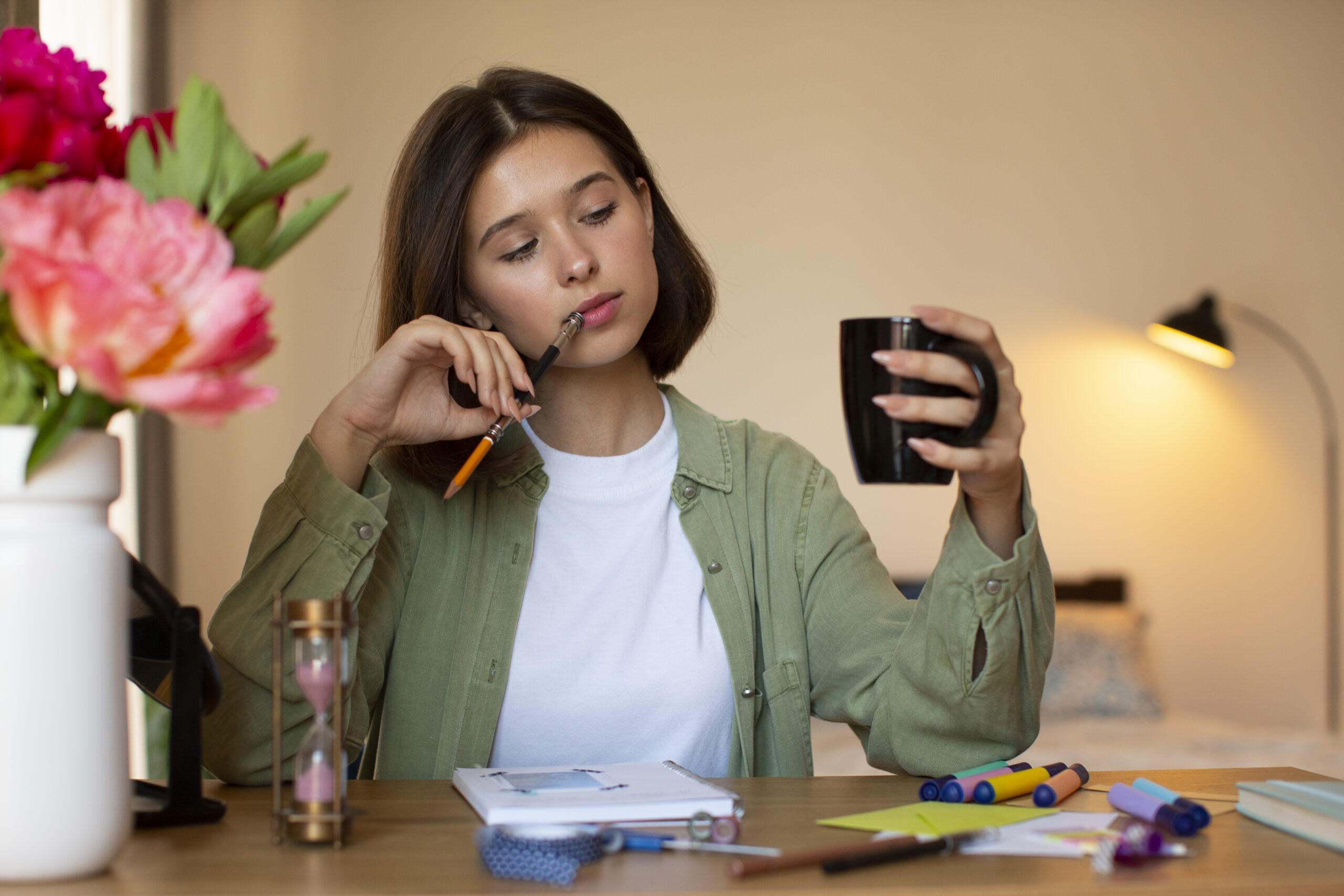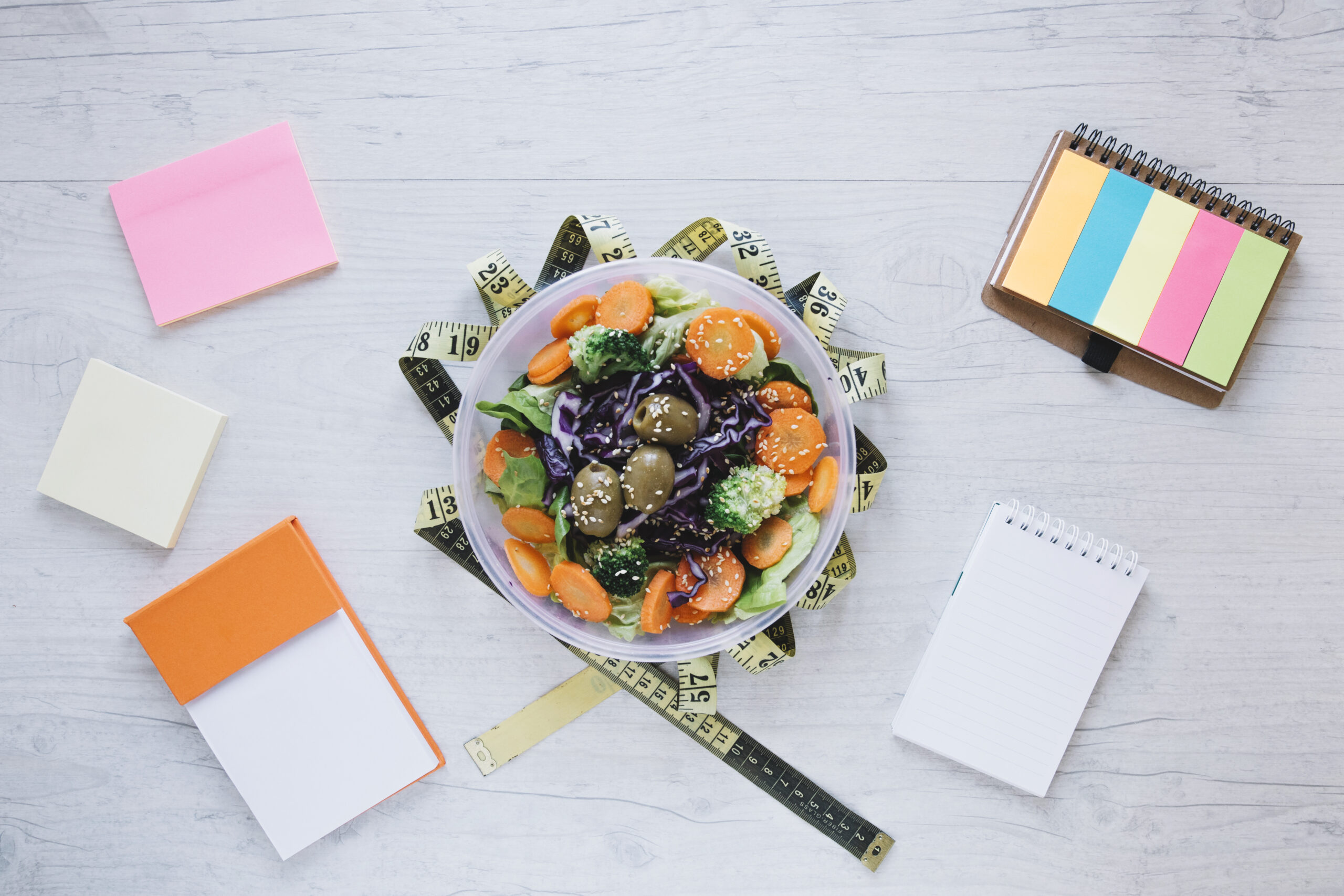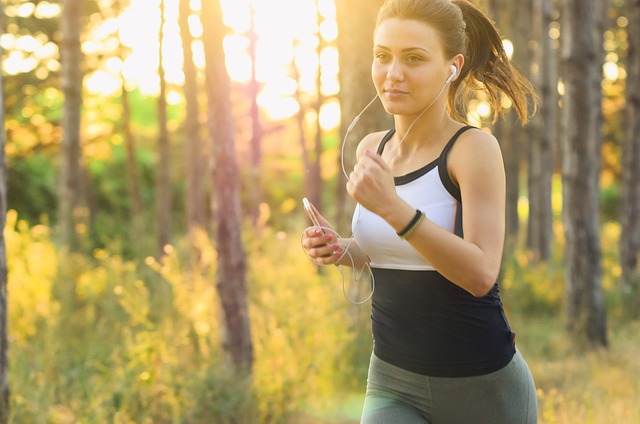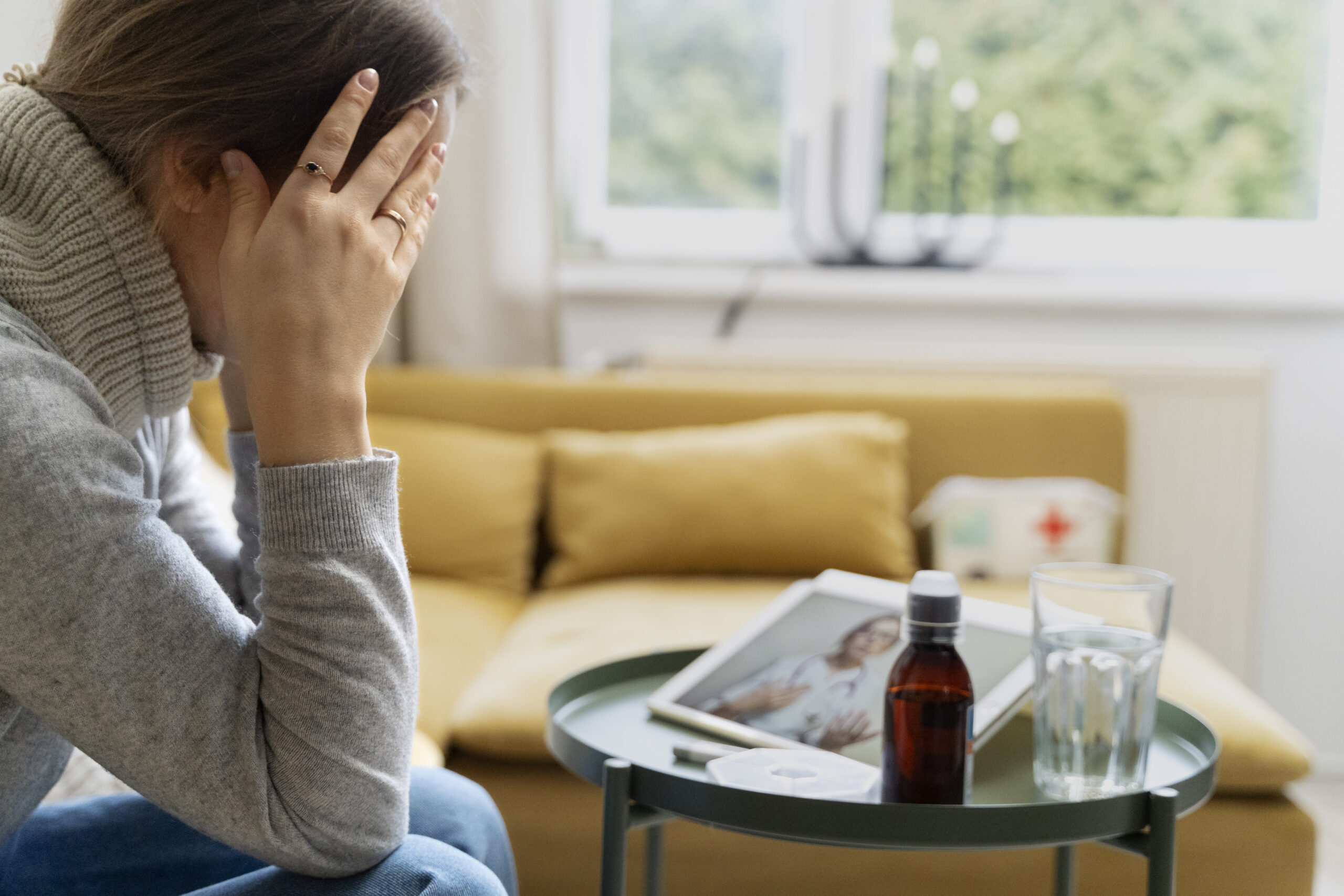Natural Remedies for Anxiety Without Medication: A Complete Guide
Introduction:
Anxiety has become one of the most common mental health struggles in the modern world. According to the World Health Organization, millions of people experience anxiety symptoms each year, ranging from mild nervousness to full-blown panic attacks. While medications can help, many people search for natural remedies for anxiety without medication to avoid side effects, dependency, or long-term reliance on pharmaceuticals.
In this detailed guide, we’ll explore scientifically backed natural remedies, holistic practices, and lifestyle changes that can help you manage anxiety effectively and safely.
Chapter 1: Understanding Anxiety
What is Anxiety?
Anxiety is the body’s natural response to stress. It’s a feeling of fear or apprehension about what’s to come. While occasional anxiety is normal, chronic anxiety can interfere with daily life.
Symptoms of Anxiety
-
Restlessness or feeling “on edge”
-
Racing thoughts
-
Difficulty concentrating
-
Rapid heartbeat
-
Sweating or trembling
-
Trouble sleeping
Why Choose Natural Remedies?
-
Fewer side effects compared to medication
-
Focus on long-term healing
-
Empowering lifestyle changes
-
Accessibility and affordability
Chapter 2: The Science of Natural Anxiety Relief
Before diving into remedies, it’s important to understand how natural methods work. Anxiety is linked to neurotransmitters like serotonin, dopamine, and GABA. Natural remedies often aim to:
-
Support neurotransmitter balance
-
Reduce cortisol (the stress hormone)
-
Improve sleep and energy levels
-
Calm the nervous system
Chapter 3: Herbal Remedies for Anxiety
1. Chamomile Tea
Chamomile has been used for centuries as a calming herb. Studies suggest it reduces mild to moderate anxiety. Drinking a cup before bed promotes relaxation and better sleep.
2. Ashwagandha
An adaptogenic herb from Ayurveda, Ashwagandha helps lower cortisol levels and supports resilience against stress.
3. Lavender
Both lavender tea and essential oil aromatherapy have calming effects on the mind and body. Some studies suggest lavender oil capsules can reduce anxiety symptoms.
4. Valerian Root
Often used for insomnia, valerian root also helps calm an overactive mind.
5. Lemon Balm
A member of the mint family, lemon balm promotes relaxation and is often used in teas or supplements.
Chapter 4: Mind-Body Practices
1. Meditation & Mindfulness
Practicing mindfulness allows you to detach from racing thoughts and observe them without judgment. Apps like Headspace or Calm can help beginners.
2. Yoga
Yoga combines movement, breathwork, and mindfulness, making it one of the most powerful natural remedies for anxiety without medication.
3. Deep Breathing Exercises
Slow, controlled breathing lowers heart rate and signals the brain to relax. Techniques like the “4-7-8 method” are highly effective.
4. Progressive Muscle Relaxation
Tensing and releasing muscle groups helps relieve physical tension associated with anxiety.
Chapter 5: Nutrition and Diet for Anxiety Relief
Foods That Reduce Anxiety
-
Omega-3 Fatty Acids (salmon, chia seeds, flaxseed)
-
Magnesium-rich foods (spinach, almonds, pumpkin seeds)
-
Probiotics (yogurt, kefir, kimchi) for gut-brain connection
-
Green Tea (L-theanine promotes calmness)
Foods to Avoid
-
Caffeine (can trigger jitters)
-
Alcohol (interferes with sleep and mood)
-
Processed sugar (causes mood swings)
Chapter 6: Lifestyle Changes That Help
-
Regular Exercise – Releases endorphins, improves mood, and reduces stress.
-
Sleep Hygiene – Going to bed and waking up at the same time every day balances the nervous system.
-
Digital Detox – Limiting social media reduces overstimulation and comparison anxiety.
-
Nature Therapy – Spending time outdoors lowers cortisol and boosts serotonin.
Chapter 7: Supplements for Anxiety
While food and lifestyle changes are primary, some natural supplements help with anxiety:
-
Magnesium glycinate – Calms the nervous system
-
Vitamin B complex – Supports brain function
-
L-theanine – Promotes relaxation without drowsiness
-
CBD oil – Gaining popularity for reducing anxiety symptoms naturally
Chapter 8: Alternative Therapies
-
Acupuncture – Helps balance energy flow and reduce stress
-
Massage Therapy – Relieves muscle tension, promotes relaxation
-
Aromatherapy – Essential oils like lavender, bergamot, and ylang-ylang promote calmness
Chapter 9: When to Seek Professional Help
While natural remedies for anxiety without medication are effective, it’s important to know when to seek help:
-
If anxiety interferes with daily functioning
-
If symptoms last longer than six months
-
If panic attacks become frequent
-
If natural remedies alone don’t help
A mental health professional can combine therapy, support, and natural remedies for a holistic approach.
Conclusion
Anxiety is real, but it doesn’t always require medication. By incorporating herbal remedies, mindfulness practices, nutrition, and lifestyle changes, you can reduce anxiety naturally and live a calmer, healthier life.
The key is consistency—small daily habits create lasting change. Whether it’s sipping chamomile tea, practicing yoga, or spending time in nature, remember: healing is a journey.














Post Comment